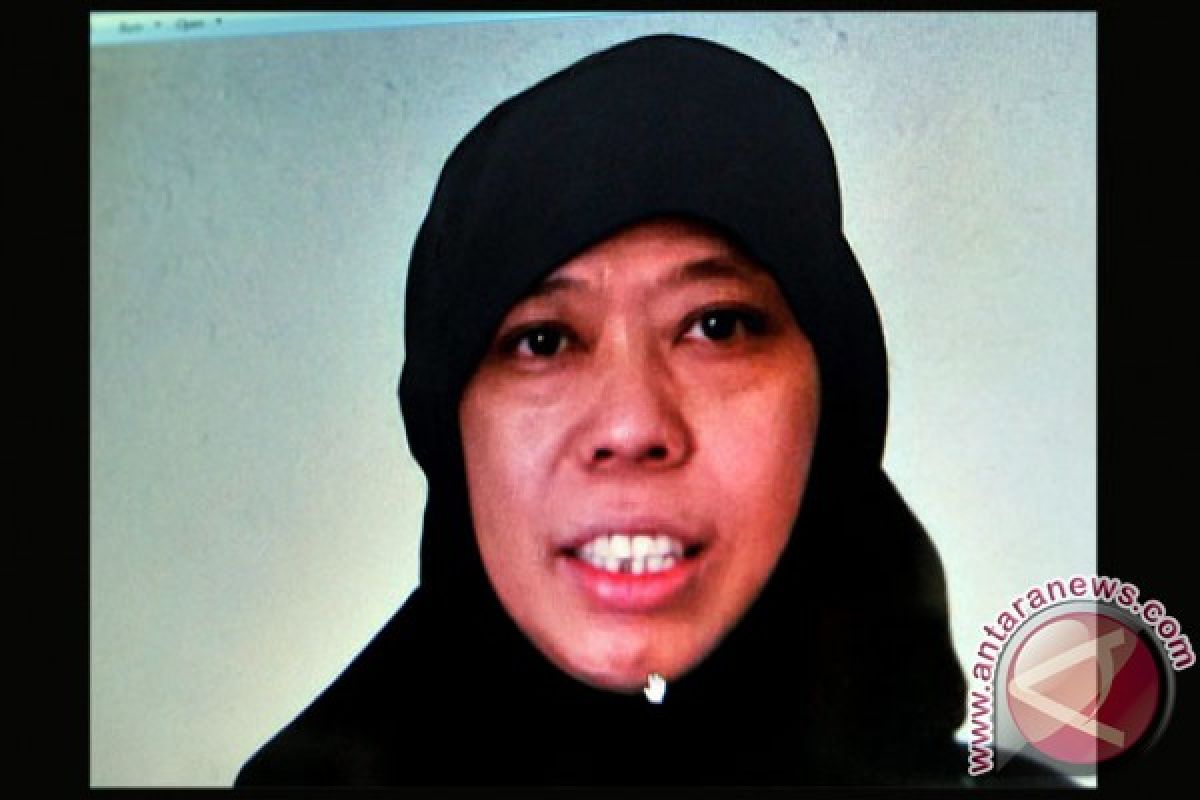It must be understood that diyat is money that must be paid by a convict or his/her family and not the government."Jakarta (ANTARA News) - An international law expert had asked the government not to pay the "diyat" (blood money) for the release of migrant worker Satinah from execution in Saudi Arabia.
"It must be understood that diyat is money that must be paid by a convict or his/her family and not the government," Professor Hikmahanto Yuwono from the State Indonesia University stated in a press statement received by ANTARA News here on Monday.
He said the blood money was a compensation paid in exchange for the pardon a victims family gave to the perpetrator and in view of that it must not be paid by the government under the context of protecting its citizen.
Satinah, 40, was on the brink of execution after the Saudi Arabian courts found her guilty of killing her employer Nura al-Gharib in the Gaseem area in early 2009 and stealing her employers money.
She has been jailed since 2009 and will be executed on April 3, 2014, unless the requested diyat of 7.5 million riyal that is equal to about Rp21 billion, is paid.
Hikmahanto said citizens who have sympathy for her could pay for the diyat instead of the government.
"They could raise funds that will later be submitted to Satinahs family to be given to the victims family," he said.
The professor said if the government had already allocated funds for it they could be given to Satinahs family as donation. It must not be the other way round in which the government pays part of the diyat and the rest is paid by donation money from citizens.
He said if the government paid the diyat it was feared demand for diyat would keep increasing.
"The condition is certainly not good. The government could in the future be squeezed. The government from any country whose citizen is involved in a murder in Saudi Arabia could also be affected. They could also be squeezed," he said, adding that if they would not meet the demand like Indonesia their public could protest.
Professor Hikmahanto said it would be unfair for the people in Indonesia if public money was used to pay for the diyat.
If later the total of the diyat becomes larger and each time the government had to meet it that could threaten many citizens welfare, he said.
"One must remember that more than 30 people are currently facing execution. If all of their victims demand large diyat that could threaten our national budget," he said.
(Reporting by Arief Mujayanto/Uu.H-YH/INE/B003)
Editor: Priyambodo RH
Copyright © ANTARA 2014







